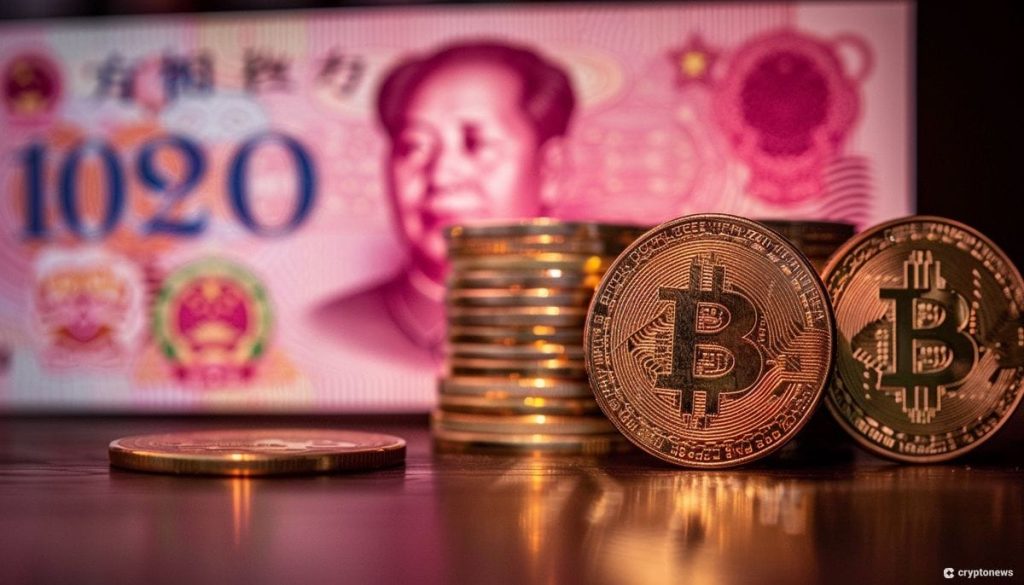Yao Qian, an influential figure behind China’s central bank digital currency (CBDC) project, is currently under investigation for suspected “violations of discipline and law.” Qian played a crucial role in leading the research effort at the People’s Bank of China (PBOC) to develop and issue a digital yuan, but he left the central bank in 2018 to work at the China Securities Regulatory Commission. The specific allegations against Qian have not been disclosed, and further details regarding the investigation are forthcoming. Qian’s involvement in the CBDC project was significant not only within China but also globally, as it catalyzed other major jurisdictions worldwide to explore central bank-issued digital currencies.
The investigation into Qian’s alleged wrongdoing comes at a time when China is making substantial progress in implementing and testing its digital yuan, also known as the Digital Currency Electronic Payment (DCEP) system. The report indicates that the investigation is being conducted by the Discipline Inspection and Supervision Team of the State Commission for Discipline Inspection at the China Securities Regulatory Commission, as well as the Supervisory Committee of Shanwei City, Guangdong Province. Qian’s influence on the development of China’s CBDC project has been significant, and his current situation may have implications for ongoing efforts in the digital currency space.
According to the Atlantic Council’s CBDC tracker, 130 countries, representing 98% of global GDP, are currently exploring CBDCs, with 19 of the G20 countries in advanced stages of development. Eleven countries have fully launched a CBDC, including China, The Bahamas, Nigeria, Anguilla, Jamaica, and seven Eastern Caribbean countries. The United States, however, has not confirmed plans to launch a digital currency but is progressing on a wholesale CBDC for bank-to-bank transactions. The global interest and momentum in CBDC development underscore the importance of ongoing research and innovation in the digital currency space.
In its latest financial stability report, the People’s Bank of China (PBoC) addressed issues related to cryptocurrency regulation and decentralized finance. The Chinese central bank emphasized the need for joint efforts by different countries to regulate the industry effectively. In 2021, the PBoC announced measures to combat the adoption of cryptocurrencies in mainland China, with a focus on cracking down on crypto activities. Despite the ban on many crypto activities, mainland China has remained a major crypto-mining hub. China is also revising its anti-money laundering (AML) law to address the increasing risks associated with virtual assets, with a primary objective to combat money laundering involving virtual assets.
The investigation into Yao Qian’s alleged violations underscores the complexity and challenges associated with CBDC development and digital currency regulation. As countries around the world explore the potential of central bank-issued digital currencies, collaboration and effective regulation will be crucial to managing risks and ensuring the stability of financial systems. The progress made by China in implementing its digital yuan and revising its AML laws reflects the ongoing efforts to adapt to the changing landscape of digital finance. The outcome of Yao Qian’s investigation will be closely watched for its potential implications on the future of CBDC development and regulation globally.


